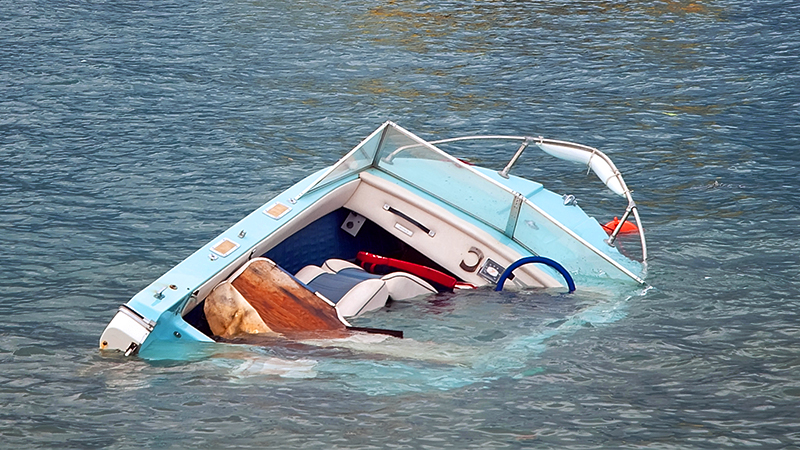Boating is a favorite pastime for many, offering a chance to relax and unwind. However, as with any activity, there are risks involved. When an accident occurs on the water, it’s crucial to understand who’s at fault and how liability is determined. In this blog, we’ll explore the ins and outs of boating accident liability and how to determine it.
The Basics of Liability
Liability is a legal term referring to the responsibility one party holds for causing harm or damage to another. In the context of boating accidents, determining who’s liable is similar to the process for car accidents. However, there are some nuances unique to the aquatic world.
Types of Boating Accidents
- Collisions with another boat: This is among the most common types of boating accidents. In such cases, investigators look at each party’s actions leading up to the crash. Did one boat neglect to give the right of way? Were speed limits ignored?
- Collisions with fixed objects: Sometimes, boats collide with stationary items like docks or buoys. Here, fault often rests with the boat operator for failing to navigate safely.
- Passenger injuries: If somebody falls overboard or gets injured on the boat, liability might depend on the boat’s condition or the captain’s actions. Were safety precautions taken? Was the boat overcrowded?
Factors Affecting Liability
Several factors can have an impact on liability, including:
- Boating under the influence: Just as driving under the influence is dangerous, so is boating while intoxicated. If an accident occurs and one party was under the influence of drugs or alcohol, they are more likely to be held responsible.
- Boating license and education: In many jurisdictions, boat operators require a license or must take a boating safety course. An unlicensed or uneducated boat operator may be found more liable in an accident.
- Equipment maintenance: Boats need regular maintenance. If an accident occurs due to a lack of proper upkeep, the boat’s owner or operator could be held liable.
Importance of Witnesses
Just as in road accidents, witnesses play a pivotal role in boating accidents. Witnesses can provide a third-party perspective, offering details neither party might recall. Given the vastness of open waters, the testimony of a witness can be particularly crucial in piecing together the events leading up to an accident.
The Role of Insurance
After an accident, insurance companies typically conduct their investigations. They assess the damage, interview the parties involved, and determine liability. Their findings influence claims and coverage. It’s always recommended to have a robust boating insurance policy, not only to cover damages but also to offer legal protection if needed.
If you find yourself involved in a boating accident through no fault of your own, or have been injured while boating, contact the law offices of Marc S. Albert today. We can guide you through the process, ensure your rights are protected, and help in establishing liability.
Find us at:
- Astoria – 32-72 Steinway St, Astoria, NY 11103
- Brooklyn – 7113 5th Avenue, Brooklyn, NY 11209
- Syosset – 175 Jericho Turnpike, Syosset, NY 11791
Call now for a free consultation on (347) 472-5080.

